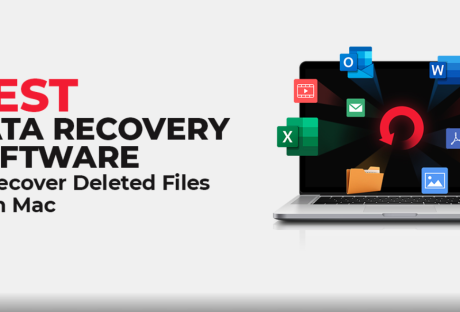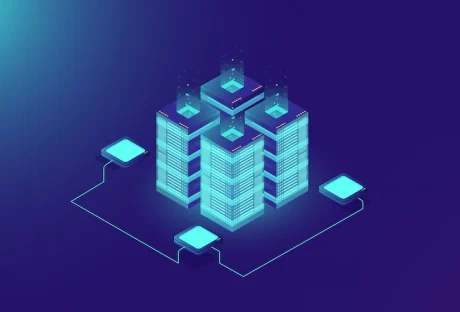Reaching out to people online has evolved to go beyond text and voice modes. And although they remain relevant today especially for businesses (thus the growing relevance of virtual number providers like Telnum), we’ve also become accustomed to the more advanced video communication.
And as easy as it may be for us to use these technologies today, choosing which ones to help you make these happen – at least on an organizational level – is still hard. If you’re not directly working in an industry related to internet technology, you may not have an idea of what would be in your best business interest.
That’s why we’ll dedicate this post to educating you on the difference between the two most thrown around acronyms today: SIP and VOIP. Many people think they’re one and the same, but as you’ll find out, it’s not the case at all.
An Introduction To SIP
Also known as Session Initiated Protocol, SIP is a timeless technology that makes communication through the internet possible. The main thing it does is create signals to start different points of online messaging.
Other protocols are used on top of it, but you can think of it as the foundations of a house – although you also need other materials to complete the whole thing, it’s the one thing that any house cannot be without.
It doesn’t do anything with the information created during the process but just uses it as a signal to send media, time, and session description.
An Introduction To VoIP
Voice over Internet Protocol or VoIP is nothing but a broad term to refer to the action of calling using the internet instead of through wired phones or cellphones.
Because it’s made through the internet, you need an internet connection to make this happen. That’s it, really. The intricacy that users are more concerned about is its two types:
Fixed
You can only get this type if there’s a physical location associated with it. For example, if your office is in Australia, your VoIP number should also have a Australian area code. But make no mistake, this would still require the internet.
Advantages
- It’s more credible. Because you need to submit additional requirements to prove your ties to a physical location, scammers can’t use it without giving themselves up.
- Stealing your number is practically impossible. You need your own cables to get it. So unless the scammer sneaks into your office to falsely represent your company, it’s not going to happen.
Disadvantages
- The processing time is longer. Your chosen service provider would need to verify any information you submit, which will take some time.
- International calls will be relatively more expensive. Because you can’t get a number outside your area, calling other places may incur additional charges.
Non-fixed
This is what people normally mean when they think of VoIP. You don’t need to provide proof of location, unlike with the first type.
Advantages
- Get a number from any country. As long as the number’s available, you can get it. Just pay for it, and you’re good.
- It’s easier to get. If you’re in a hurry, you’ll be glad to know that you can get it right away with no hassle.
Disadvantages
- A scammer may use your number. Once you drop a number, someone else is free to get it after some time. If you’re unlucky, that someone else would use it and pretend to be you.
- It’s used for fraud more often. And this means it’s not as trusted as the first type.
What Are Their Biggest Differences?
If you’re still confused about how they’re different, this would help further clarify matters. They’re different on these things:
Scope
VoIP is a much broader term that applies to anything that refers to communicating online. If it’s a tree, SIP would be one of its branches.
Types Of Media Supported
From the name itself, VoIP only supports voice communication. If you want to access other modes such as text, fax, and voice, you’ll need SIP.
Devices Used
VoIP phones need a computer in order to be functional. Meanwhile, SIP only needs a modem. So you can think of VoIP as something closer to the normal phone you already know.
How It Handles Traffic
The process itself is fairly complicated, but what you have to remember is SIP follows individual processing. Meanwhile, VoIP processes in bulk.
The latter comes with a risk of suboptimal performance because everything practically goes through one central channel. So when it becomes overwhelmed, the processing time gets longer, thus affecting the quality of calls made. But it comes with the advantage of being more secure.
VoIP doesn’t need to have SIP because other protocols may be used instead. But what you decide should be determined by your organization’s priorities and security considerations to have the best results possible.
Additional:























